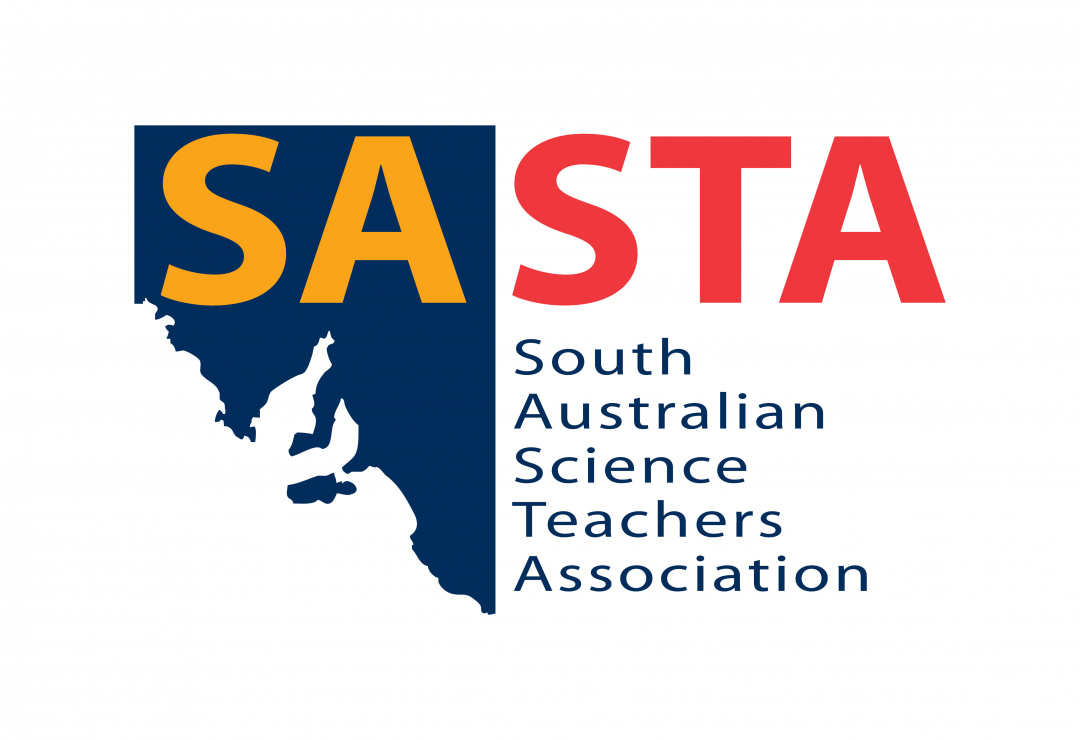Posted by Oliphant Science Awards
on 15/06/2022

We're excited to have the Clean Air Society of Australia & New Zealand sponsoring the Science Writing category this year!
They have an amazing prize on offer for year 9-12 students for the best student entry from Science Writing or Scientific Inquiry that addresses Air Quality: Emissions and Monitoring.
The prize winner will be selected to speak at the National Clean Air Society of Australia and New Zealand (CASANZ) conference to be held in Adelaide in September 2022. CASANZ is an organisation which works to promote awareness and understanding of the issues affecting air quality and utilises the conference to explore work to be done to achieve cleaner air in our region and beyond. As the winner, we invite you to voice your understanding of an issue and we welcome your aspiring leadership and innovation.
Check out some inspiration for your Air Quality project below:
Have you considered if being able to see the ‘stuff’ in air would change others perception about the quality of air we breathe and the massive job we give our nose hairs and back of the throat in protecting us?
It is surprising to actually see what we could be breathing in, and it brings home the advances in technology from old feather dusters to microfiber cloths, as well as the need for masks. Looking for ideas to investigate air:
- why not find ways to compare air quality with mask/without mask;
- why not compare improvements in cognition at different room temps -humidity;
- why not consider how change in cleaning techniques/technology have impacted air quality;
- what about current knowledge in metro vs rural air quality;
- what about how changes in building designs are influencing indoor air quality.
The photos below are some examples of what was filtered out of air, viewed through a light microscope.
 |
 |
 |
 |
 |
 |
Particulate Matter:
From 1999 to 2008, maximum levels of dust sized below 10 um (PM10) in Australian capitals and in some regional centres often exceeded the AAQ NEPM 24-hour standard. Levels up to 4 times the standard in the capitals and up to 14 times in some regional centres were recorded. The most likely explanation is their greater seasonal exposure to the effects of bushfires, dust storms, planned burning and the use of wood for domestic heating (Source 1). Peak levels of PM2.5 are highly variable, being strongly influenced by extreme events such as bushfires and dust storms (Source 1).

SA Health General advice (Source 2) for dusty days:
- Stay indoors, and close windows and doors where possible
- Avoid exposure to outdoor dust clouds
- Seek medical advice if experiencing increased symptoms
- Avoid prolonged or heavy exertion in areas of high dust pollution
- Clean and maintained air conditioners are safe to use because of their filter systems
Air purifiers are appliances that filter out pollutants such as dust, pollen, viruses, bacteria, and odours from indoor air. With the help of air purifiers, we can improve indoor air quality and protect the health of ourselves and our families.
Source (1) State of the Environment, Australian Government https://soe.environment.gov.au/.../ambient-air-quality-3
Source (3) SA Health Protection Against Natural Hazards
Check out this video about Air Emissions & Monitoring from EP Analysis
In this Section
Archive
- February 2026
- January 2026
- December 2025
- November 2025
- October 2025
- September 2025
- August 2025
- July 2025
- June 2025
- May 2025
- April 2025
- March 2025
- February 2025
- January 2025
- December 2024
- November 2024
- October 2024
- September 2024
- August 2024
- July 2024
- June 2024
- May 2024
- April 2024
- March 2024
- February 2024
- December 2023
- November 2023
- October 2023
- September 2023
- July 2023
- June 2023
- May 2023
- April 2023
- March 2023
- February 2023
- January 2023
- December 2022
- November 2022
- October 2022
- August 2022
- July 2022
- June 2022
- May 2022
- April 2022
- March 2022
- February 2022
- January 2022
- December 2021
- November 2021
- October 2021
- September 2021
- August 2021
- July 2021
- June 2021
- May 2021
- April 2021
- March 2021
- February 2021
- January 2021
- December 2020
- November 2020
- October 2020
- September 2020
- August 2020
- July 2020
- June 2020
- May 2020
- April 2020
- October 2018
- September 2018
- August 2018
- July 2018

